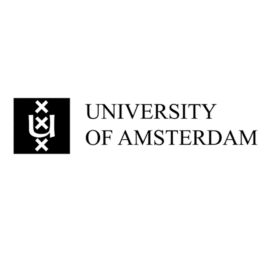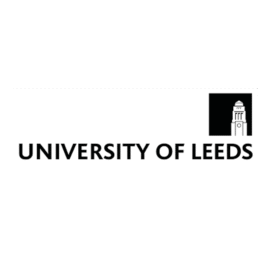Are you eager to push optical atomic clocks to new levels in a lively, international research group? Do you enjoy creating complex machines that have never existed before? Do you want to explore physics that nobody else has seen? Maybe you want to join our team as a PhD on our exciting journey towards the superradiant and zero-deadtime clocks. We are the ultracold strontium group at the University of Amsterdam and you can read more about the project here.
This is what you will do
With this project, you will join a team of experimental quantum physicists at the University of Amsterdam who are building two new types of optical clock. Optical clocks are the most precise measurement instruments in the world, going wrong by only one second over the lifetime of the universe. They enable searches for beyond standard model physics, can explore quantum many-body systems, and have practical applications in geodesy, navigation and network synchronization.
State-of-the-art optical clocks are working in a pulsed fashion and need hours of averaging to reach their final accuracy. A main goal of our research is to reduce this to a few minutes, which would open new opportunities for clocks. We want to achieve this by creating clocks that can be operated truly continuously, using technology that we have developed to achieve continuous Bose-Einstein condensation [Nature 606, 683 (2022)]. We are building two types of such clocks: a superradiant clock and a zero-deadtime clock. A superradiant clock is a laser that lases on an ultranarrow optical transition. You can read about our plans for this clock inSheng Zhou’s PhD thesis. For the zero-deadtime clock, we supply atoms from a continuous ultracold Sr source to four clock interrogation zones that are in one vacuum chamber. Clock interrogation can always be executed in at least one zone, while others are reloaded with atoms, enabling continuous operation. We have one PhD opening on each of these sub-projects.
This project is embedded in theQDNLUltracold Atom Quantum Sensing Testbed, which will allow you to learn about many interesting projects related to your PhD, such as creating a European optical time and frequency distribution network, building an industry prototype of an optical clock, building continuously operating atom interferometers, orimproving the way in which optics is built. Our group has furthermore quantum simulation experiments using Rb-Sr mixtures or single Sr atoms in optical tweezer arrays. Your PhD project will profit from synergy with all these activities.
What we ask of you
- at least 8 months of master project in experimental ultracold atom or trapped ion group;
- good team working skills;
- good English skills;
- experience with at least a few of the following: experimental work with optics, lasers, electronics, experiment control software;
- some experience with data analysis;
- strong letter of recommendation from master project supervisor;
- Beneficial skill: programming, including some languages of the following list: C, C++, Python, Matlab, Mathematica. Programming skills will be used to build experiment control systems, data analysis systems, and to perform numerical simulations of experiments.
For MSCA PhD positions it is required that the applicant shall at the date of recruitment be in the first four years (full-time equivalent research experience) of their research careers and have not been awarded a doctoral degree. The applicant must not have resided or carried out her/his main activity (e.g. work or studies) in the Netherlands for more than 12 months in the three years immediately prior the recruitment date.
This is what we offer you
A temporary contract for 38 hours per week for the duration of 4 years (the initial contract will be for a period of 18 months and after satisfactory evaluation it will be extended for a total duration of 4 years). The preferred starting date is 1 October 2025 or as soon as possible after that. This should lead to a dissertation (PhD thesis). We will draft an educational plan that includes attendance of courses and (international) meetings. We also expect you to assist in teaching undergraduates and master students.
Your application & contact
If you feel the profile fits you and you are interested in the job, we look forward to receiving your application by email to f.schreck@uva.nl and in addition by an online submission via the button below. We accept applications until and including 31.1.2026.
If you have any questions or do you require additional information? Please contact:
Florian Schreck, f.schreck@uva.nl
Applications should include the following information (for the application through this website: all files besides your cv should be submitted in one single pdf file; for the application by email: simply describe everything except the CV in the email itself and attach your CV):
- a detailed CV including the months (not just years) when referring to your education and work experience;
- a short letter of motivation;
- a link to your master thesis, if you already wrote it, or a short description of what it will contain;
- the name and email address of your master thesis supervisor or another reference who can provide a letter of recommendation.
A knowledge security check can be part of the selection procedure.
(for details: national knowledge security guidelines)


